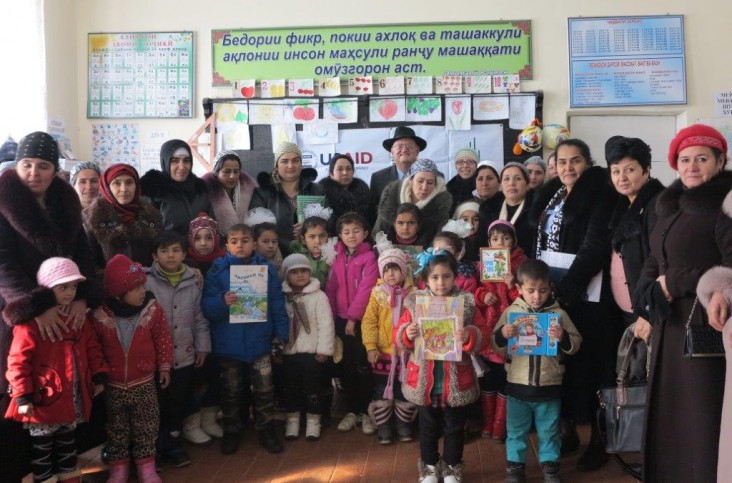USAID’s programs in Central Asia began shortly after the region’s independence from the Soviet Union, a partnership now in its third decade. Initially, our programs focused on three main "transitions," one involving an economic transition toward more market-based economies, a second supporting a political transition toward more effective, transparent and democratic governance, and a third promoting sustainable approaches toward the social sectors, especially in health and education.

Our programs over the past nearly 25 years have gone through three generations of assistance. During the first decade, roughly starting in 1993 and ending in 2001, development programs sought to fill the vacuum left by the collapse of the Soviet empire, promoting what was thought to be a linear movement away from centralized, control-oriented Soviet approaches to more "western" economic, political and social models of development. During the second decade, starting in the immediate aftermath of 9/11, events in Afghanistan played an important and at times even decisive role in our policy decisions and regional focus.
Today, our programs aim to take advantage of a third opportunity for the United States to constructively engage with Central Asia, an opportunity informed by our past experiences, including the perhaps premature optimism of the early period and the over-arching strategic calculations of the second period. With the recent launch of our new regional strategy, USAID now has an opportunity to adopt a more pragmatic and possibly more modest but achievable approach, acknowledging the complexities of this challenging region while retaining a commitment to deal directly and creatively with them.
Realistically, the US will not be the most important international player in this region over the next five years. However, through a combination of country-specific and regional programs, we can offer each of the countries in the region a combination of balance as well as alternate possibilities that provide a much wider range of choices and prospective paths forward than would otherwise be available at a time of possibly momentous change.







Comment
Make a general inquiry or suggest an improvement.